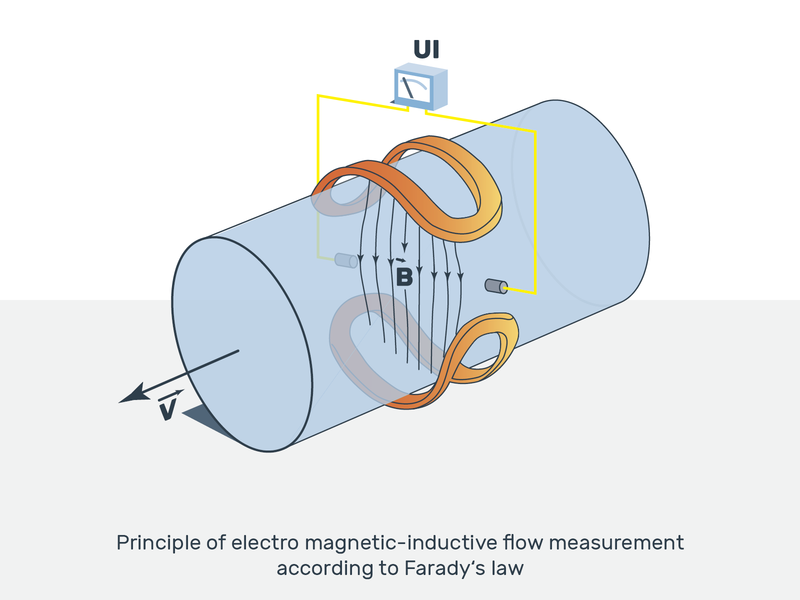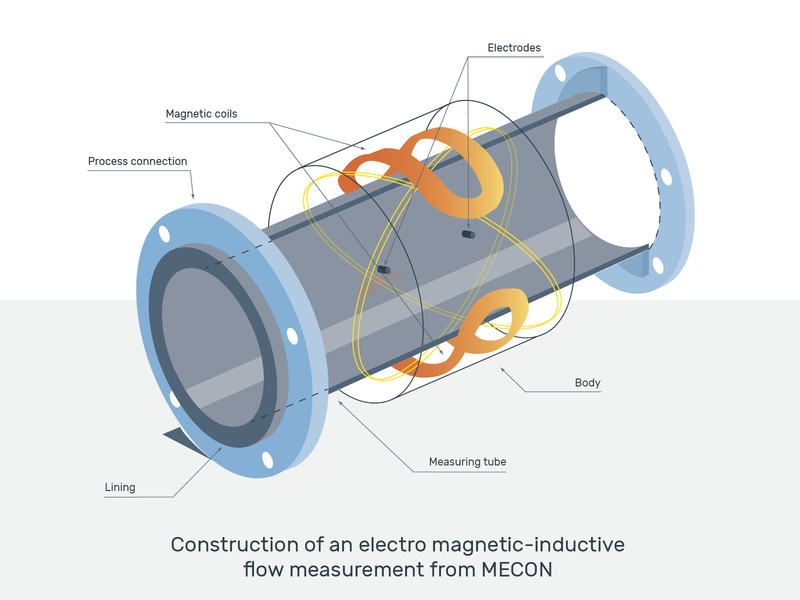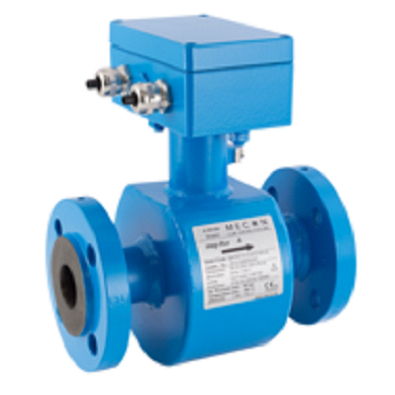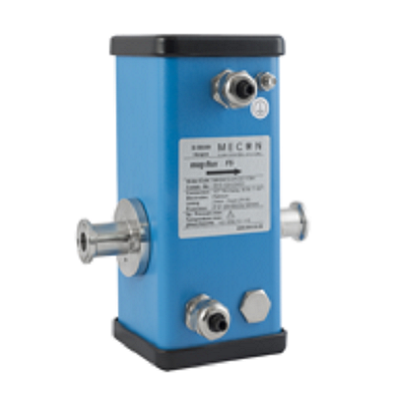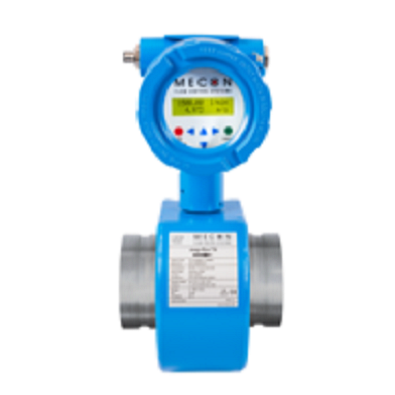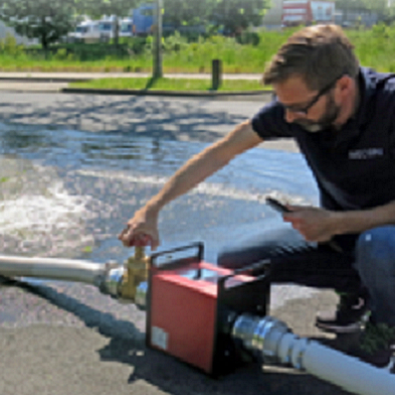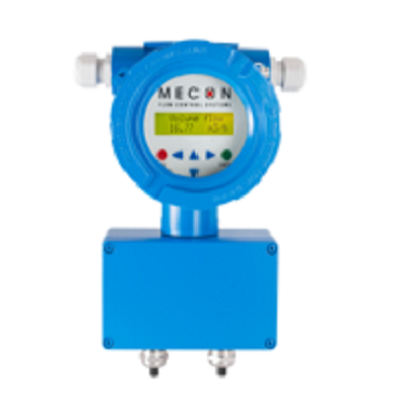Industrial Products
- Electromagnetic Flow Meter
- Mechanical Flow Meter
- Level Indicators
Fire & Safety
- Stationary Fire & Safety
- Hydrant Management
Magnetic-inductive flow meters
Magnetic-inductive flow meters for a wide range of applications and media
MECON GmbH has in-depth expertise in manufacturing magnetic-inductive flow meters (MID). The wealth of experience goes back to the time of TURBOWERK MESSTECHNIK from Cologne. The traditional company produced magnetic-inductive flow meters from 1973 on, and has developed the product continuously since then. The mag-flux series shines as a prime example for the consistent development work. The special strengths of MECON products is the individual design of devices for customers’ specific measurement tasks. The project-specific requirements in terms of the media to be measured are always taken into consideration in varying geometric dimensions.
All MECON magnetic-inductive flow meters can be used for flow speeds up to 10 m/s (32.8 ft/s) and for a minimum conductivity of 20 µS/cm. Minimum conductivities of 3 µS/cm can be achieved with alternating field devices.
MECON offers you a wide range of magnetic-inductive flow meters – always perfectly tailored for your individual measurement tasks and the media to be measured.
Magnetic-inductive flow metering technology
Measurement principle - Magnetic-inductive flow meters
The principle of magnetic-inductive flow metering is based on electromagnetic induction – defined in Faraday’s law. By producing a magnetic field B, the sensor generates an electrical current Ui, which is directly proportional to the flow speed V prevalent in the pipeline.
This electrical voltage is absorbed, processed and converted to digital output variables by a measuring transducer (mag-flux M1).
Structure of a magnetic-inductive flow meter
A complete flow meter consists of a mag-flux M1 measuring transducer for synchronised d.c. fields and a corresponding sensor (flow sensor). All mag-flux product family MID are available as synchronised d.c. field systems (DC) and are extremely robust and resistant to interference in operation, as there are no moving parts. The special design also avoids pressure losses due to the measurement technology. For individual custom solutions, we recommend using a.c. field devices.
The sensors, when combined with our measuring transducer mag-flux M1 can achieve a measurement accuracy of more than ±0.5% via precise wet calibration of the devices.
Product versions of our magnetic-inductive flow meter:
- Fully welded steel fitting (flange, threaded and groove version) – mag-flux A
- Custom designs (pressure, media properties, percentage of solids, particle type, temperature and length)
Advantages of our magnetic-inductive flow meter (MID):
- The measurement principle does not depend on pressure, density, temperature and viscosity
- No moving parts = No wear
- Pressure losses are avoided via the special design
- Analogue output signal
- Also suitable for aggressive and corrosive media
- Reliability (long-term stability, service life)
- Minimum maintenance requirements
- Simple interpretation of measurement values
- Easy commissioning
- High measurement accuracy
- Wide range of cladding materials for drinking water, waste water, chemicals and solids
- Abrasion and corrosion-resistant claddings available
Measurement tasks and measurable media:
The measurement tasks primarily include recording and assessing continuous flows of liquid media with a flow speed of up to 10 m/s (32.8 ft/s) and a minimum conductivity of 20 µS/cm for d.c. field devices and 3 µS/cm for a.c. field devices.
In general, our magnetic-inductive flow meters (MID) can be used for conductive liquids and liquid/solid mixes (20 and 3 µS/cm) such as: water, pulps, pastes, slurries, acids, solvents, lyes, sap, emulsions, ore slurries, sand or water mixes.
Our measuring devices are used in the following industries worldwide:
- Plant and mechanical engineering
- Fire safety
- Chemicals
- Building services equipment
- Food
- Metal extraction, production and processing
- Paper and pulp
- Oil and gas
- Shipping
- Water and wastewater
- Cement and minerals
